
In today’s fast-paced and ever-evolving world, adopting a growth mindset isn’t just beneficial; it’s essential for anyone looking to thrive both personally and professionally. A growth mindset, a term coined by psychologist Carol Dweck, is the belief that one’s abilities and intelligence can be developed through dedication, hard work, and perseverance. This contrasts sharply with a fixed mindset, where individuals believe their qualities are static and unchangeable. Embracing a growth mindset can unlock your potential and open doors to endless possibilities. Let’s delve into why cultivating a growth mindset is a game-changer for anyone aiming for success and fulfillment in all spheres of life.
Understanding the Basics of Growth Mindset
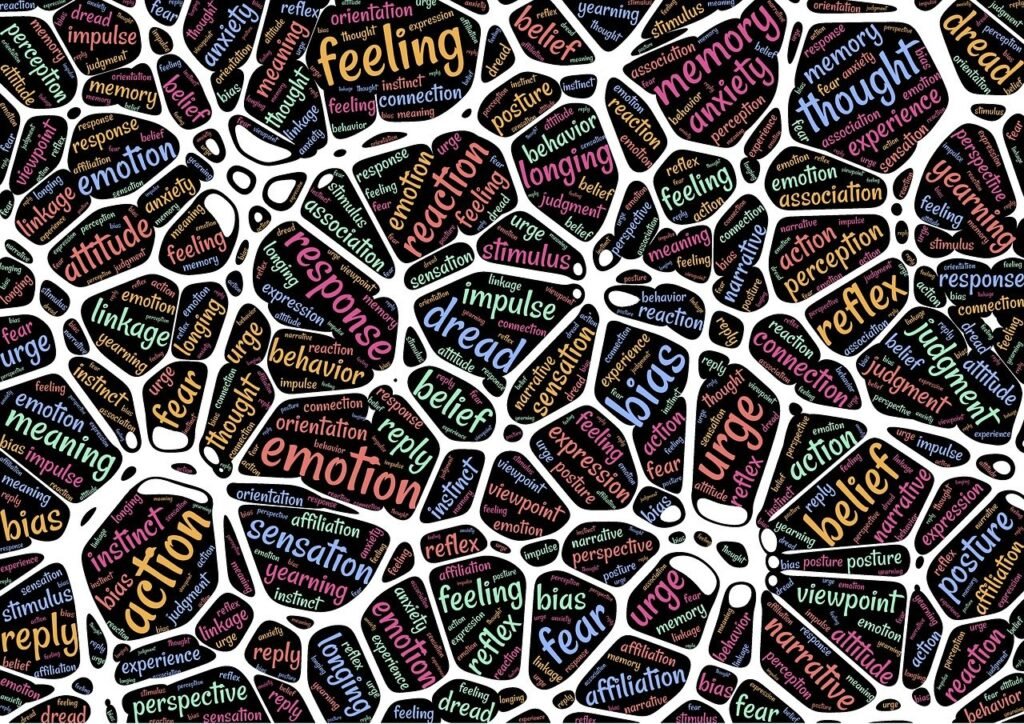
The concept of a growth mindset revolves around the dynamic belief that our capabilities and intellectual faculties are not fixed entities but can be cultivated and enhanced through consistent effort, perseverance, and a positive attitude towards learning. This philosophical approach to personal and intellectual development fundamentally differs from the fixed mindset, which posits that our intelligence and abilities are static and unalterable.
Central to the growth mindset is the notion of embracing challenges. For individuals with this outlook, obstacles become not deterrents but catalysts for development. They see difficult tasks not as threats but as opportunities to expand their knowledge and skills. This proactive engagement with challenges fosters a deeper understanding and mastery of new concepts and techniques.
Another pillar of the growth mindset is persistence in the face of setbacks. Where a fixed mindset might see failure as a sign of intrinsic inability, a growth mindset perceives it as an inevitable step in the learning process. This distinction is crucial; it transforms the narrative from one of defeat to one of opportunity. By reframing setbacks as essential components of growth, individuals become more resilient and more inclined to persist in their efforts, even when progress seems slow or invisible.
Learning from criticism is also a vital aspect of the growth mindset. Constructive feedback, rather than being viewed as a personal attack or a validation of inadequacy, is welcomed as a valuable source of insight. It provides a roadmap for improvement and refinement. This open and receptive stance towards feedback encourages continuous learning and adaptation, qualities indispensable for personal and professional advancement.
Lastly, the growth mindset celebrates the success of others as a source of inspiration and learning, rather than as a threat or benchmark for comparison. This perspective fosters a community of mutual support and collective growth, where achievements of peers motivate rather than intimidate.
Inherent in the growth mindset is a belief in the malleability of our brains and abilities. It acknowledges that through dedication, our neural pathways can adapt and strengthen, enabling us to learn and excel in areas previously outside our expertise. This scientific underpinning adds a layer of legitimacy to the growth mindset, reinforcing the idea that with the right approach, improvement and mastery are within everyone’s reach. By shifting focus from inherent talent to sustained effort and learning, the growth mindset lays the groundwork for a fulfilling journey of continuous personal and intellectual growth.
The Power of Believing You Can Improve
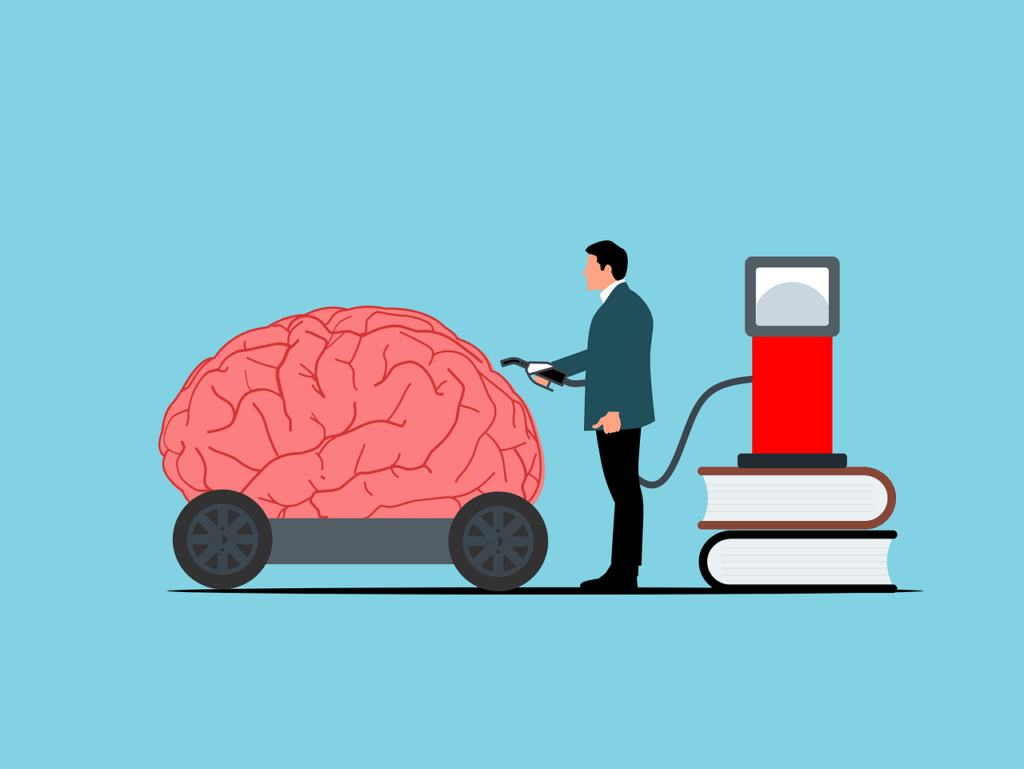
Central to fostering a growth mindset is the profound impact that belief in self-improvement has on an individual’s approach to learning and personal development. This foundational belief ignites a passion for learning and a commitment to personal betterment that transcends mere aspiration. When individuals hold the conviction that they possess the capability to enhance their intelligence and skills, they set in motion a self-fulfilling prophecy that propels them towards higher levels of achievement and fulfillment.
This conviction plays a pivotal role in how challenges are perceived and tackled. With the assurance that improvement is within their grasp, people are more likely to embrace difficulties as opportunities to sharpen their abilities and expand their knowledge base. This shift in perspective transforms the educational journey into an engaging quest for growth, rather than a daunting series of obstacles to be avoided. The belief in the possibility of growth encourages learners to invest effort and time into their development, recognizing that these investments yield significant returns in terms of skill acquisition and intellectual expansion.
Moreover, this belief nurtures a resilience that is indispensable in the face of setbacks and failures. Understanding that each misstep is a part of the learning curve, individuals are more inclined to analyze their mistakes, extract valuable lessons, and apply this newfound knowledge in future endeavors. This cycle of reflection, learning, and application fosters a proactive approach to personal and professional challenges, making the process of overcoming them more efficient and less intimidating.
The empowering effect of believing in one’s capacity to improve also encourages a more open and constructive reception of feedback. Instead of perceiving criticism as a negation of their abilities, individuals see it as a tool for further growth and development. This receptiveness to feedback facilitates a continuous improvement loop, where each piece of advice or constructive critique serves as a stepping stone to higher levels of proficiency and understanding.
At its core, the power of believing you can improve fuels a virtuous cycle of growth, resilience, and achievement. It propels individuals to set ambitious goals, persist through adversity, and embrace a lifelong journey of learning and self-improvement. This belief not only elevates personal and professional development but also enriches the learning experience, making it more fulfilling and transformative.
Growth Mindset and Resilience: Bouncing Back Stronger
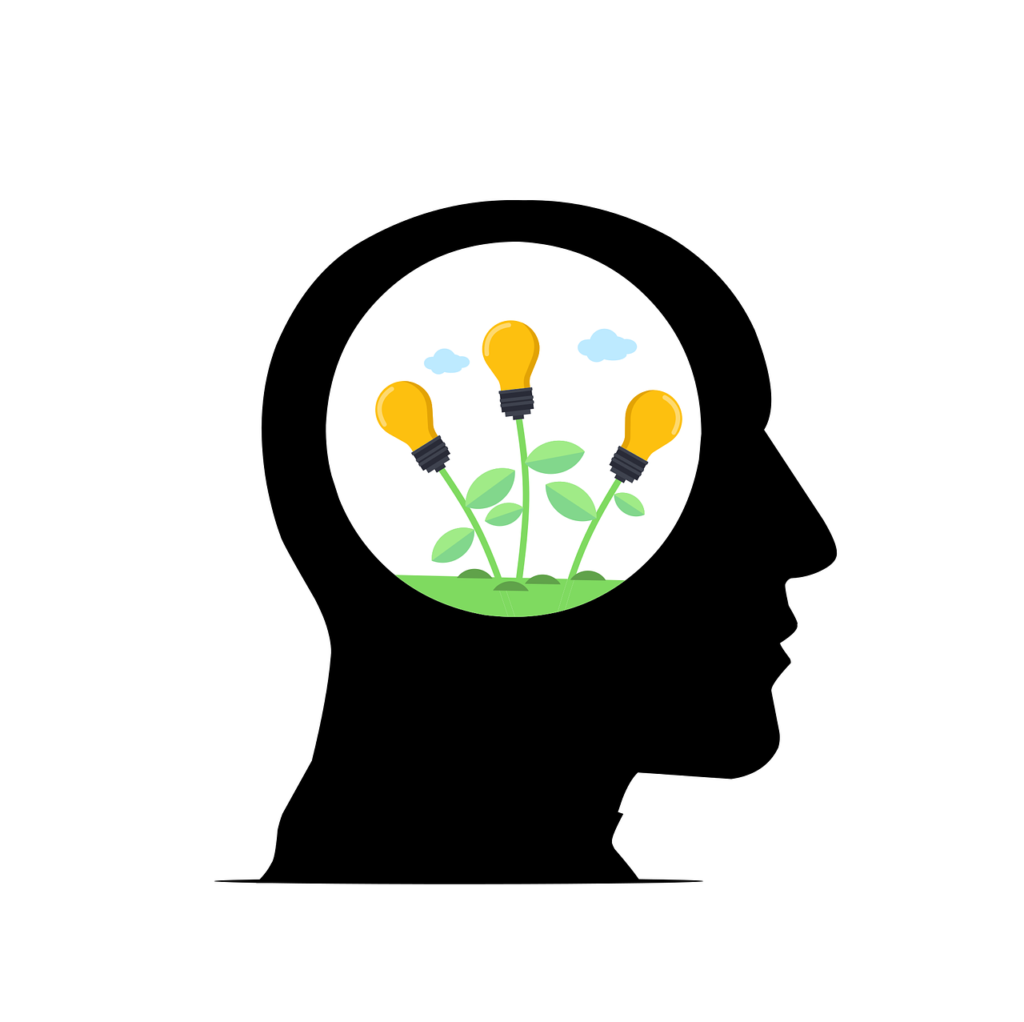
Resilience is inherently intertwined with the concept of a growth mindset, presenting an invaluable perspective on adversity that is transformative. In the realm of a growth mindset, setbacks are not perceived as definitive failures but as temporary detours on the path to success. This nuanced understanding of challenges shifts the focus from immediate disappointment to long-term development and progress.
Individuals who embody a growth mindset approach life’s hurdles with a unique blend of optimism and pragmatism. They recognize that while certain outcomes may not align with their initial expectations, each setback is imbued with potential lessons and opportunities for growth. This perspective is crucial in cultivating a resilient spirit, as it ensures that motivation remains intact, even in the face of adversity.
Resilience, fueled by a growth mindset, involves a proactive stance towards problem-solving. When confronted with obstacles, growth-minded individuals delve into the heart of the issue, identifying the root causes of their setbacks and strategizing on how to navigate them effectively in the future. This approach not only facilitates immediate recovery but also equips individuals with the skills and insights necessary to handle similar challenges more adeptly moving forward.
Moreover, a growth mindset fosters an environment where failure is de-stigmatized and recognized as an integral part of the learning process. By reframing failure as a stepping stone rather than a stumbling block, individuals liberate themselves from the fear of making mistakes. This liberation encourages experimentation and exploration, both of which are essential for discovery and innovation. It is through this lens that resilience is not just about recovery but about emerging stronger, more informed, and more capable than before.
Resilience, underpinned by a growth mindset, is more than mere persistence; it is an evolution. It signifies a commitment to personal development that transcends the superficiality of success and failure. This commitment ensures that with each challenge faced, individuals grow not only in knowledge and skill but also in character and wisdom.
In embracing a growth mindset, resilience becomes an unstoppable force, a wellspring of strength that propels individuals forward, undeterred by the inevitability of setbacks. It is this blend of relentless perseverance and insightful reflection that characterizes the journey of those who not only bounce back from adversity but do so with an enhanced capacity for success and fulfillment.
Strategies for Cultivating a Growth Mindset
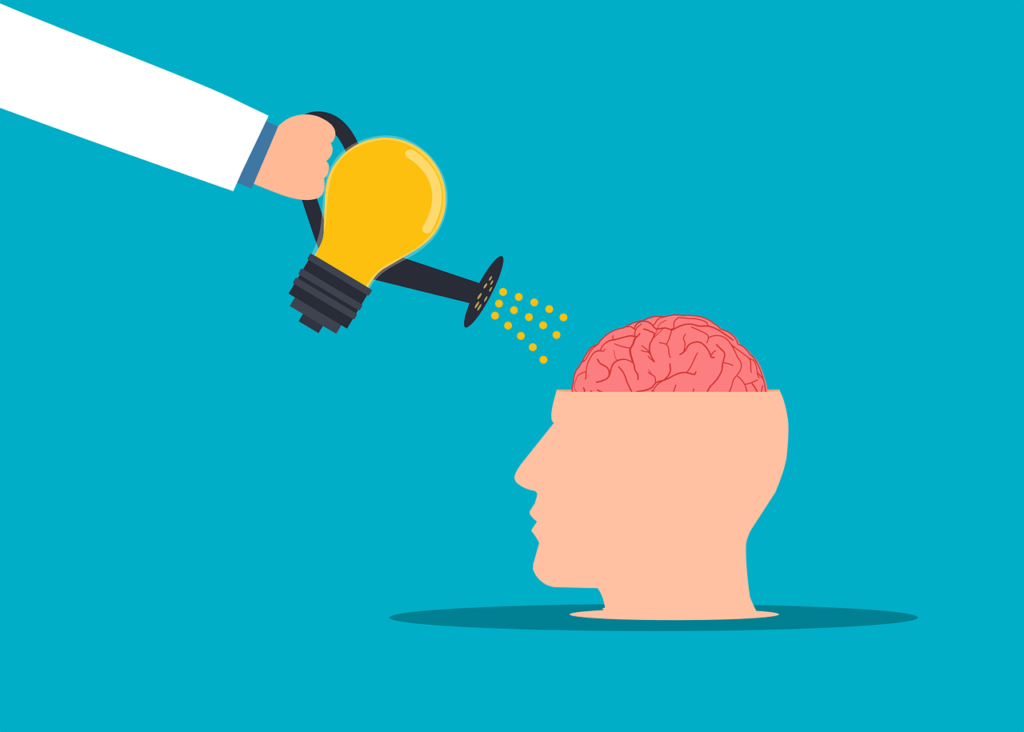
Embarking on the journey to cultivate a growth mindset requires intentional action and a commitment to self-development. To facilitate this transformative process, consider integrating the following strategies into your daily life:
– **View Challenges as Learning Opportunities**: When faced with a difficult situation, reframe it as a chance to acquire new knowledge or skills. This shift in perspective makes the challenge less daunting and more like a puzzle to solve, promoting engagement and perseverance.
– **Persist Through Obstacles**: Understand that the road to mastery is paved with setbacks. Instead of viewing these obstacles as barriers to success, see them as natural and necessary parts of the learning process. This mindset encourages persistence and resilience.
– **Welcome Constructive Feedback**: Constructive criticism is a powerful tool for growth. Approach feedback with an open mind, recognizing it as an opportunity to learn from different perspectives and improve your abilities.
– **Celebrate Others’ Successes**: Observing and celebrating the achievements of others can be a source of inspiration and learning. Rather than comparing yourself to others, use their success as motivation to pursue your own goals.
– **Redefine Failure**: Shift your language from talking about “failure” to discussing what you’re “learning.” This helps to remove the stigma associated with failure and places emphasis on the growth that comes from every attempt, successful or not.
– **Acknowledge Brain Plasticity**: Embrace the scientific fact that your brain is capable of changing throughout your life. This understanding reinforces the belief that you can develop new skills and improve existing ones at any age.
– **Focus on Learning Goals**: Instead of setting purely performance-based objectives, create goals centered around the learning process. This approach emphasizes the value of growth and development, regardless of the immediate outcome.
– **Practice Self-Compassion**: Be kind to yourself during moments of struggle or when you don’t meet your expectations. Self-compassion fosters a supportive internal environment that is conducive to growth and learning.
Implementing these strategies into your daily routine won’t result in overnight transformation, but with time and persistence, you’ll find yourself more equipped to face new challenges, learn from your experiences, and ultimately, cultivate a robust growth mindset. This proactive and positive approach to personal development paves the way for a fulfilling and dynamic journey of continuous growth.
The Role of a Growth Mindset in Personal and Professional Growth
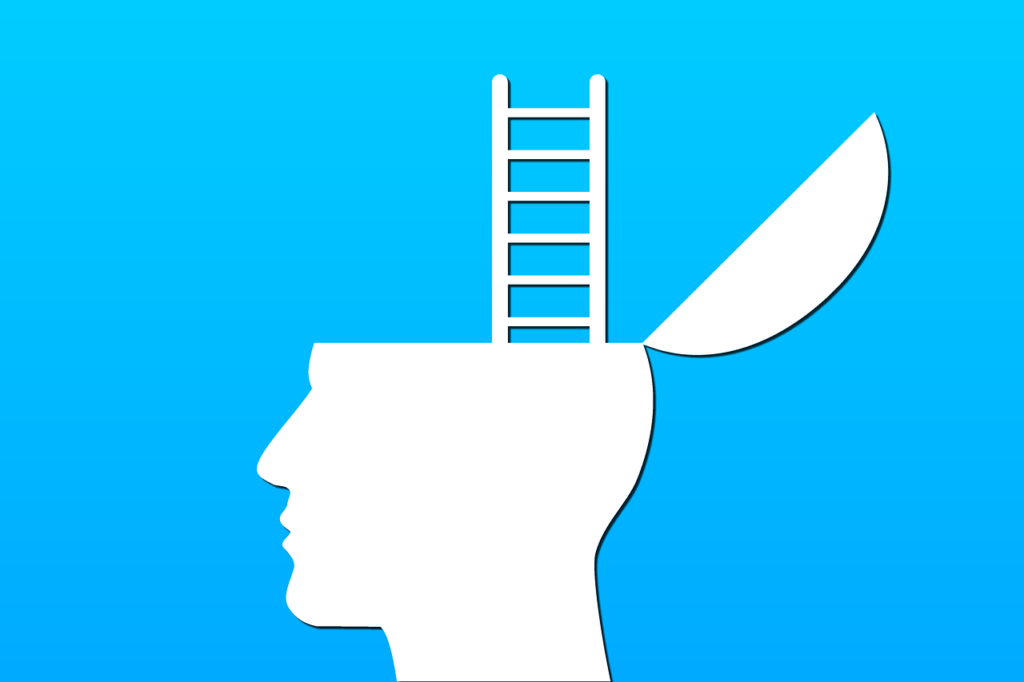
Embracing a growth mindset catalyzes remarkable advancements in both personal and professional spheres. On a personal level, this mindset nurtures an insatiable curiosity and a passion for lifelong learning, which leads to a more enriching and fulfilling life. It encourages individuals to approach relationships with empathy and openness, paving the way for deeper connections and understanding. Additionally, by fostering resilience and a positive attitude toward challenges, a growth mindset enhances mental and emotional well-being, allowing individuals to navigate life’s ups and downs with grace and tenacity.
Professionally, the benefits of adopting a growth mindset are equally transformative. It lays the foundation for continuous self-improvement and innovation, driving individuals to seek out new skills, knowledge, and experiences. This relentless pursuit of growth not only leads to personal achievement but also contributes to the advancement and success of the organizations and teams they are part of. By viewing challenges as opportunities for development, individuals become more adaptable and resourceful, qualities that are invaluable in today’s dynamic work environments.
Moreover, a growth mindset fosters an atmosphere of constructive feedback and collaborative learning, where mistakes are seen as essential steps in the learning process rather than failures. This approach encourages risk-taking and experimentation, crucial elements for creativity and breakthroughs in any field. It shifts the focus from a fear of failure to an excitement for what can be learned and how one can improve, making the workplace a more innovative and supportive space.
In professional settings, the impact of a growth mindset extends beyond individual accomplishments. It influences team dynamics, leadership styles, and organizational culture, promoting an environment where continuous learning, flexibility, and resilience are valued and rewarded. Leaders who embody a growth mindset inspire their teams to embrace challenges, persevere through difficulties, and celebrate each other’s successes, leading to higher levels of engagement, satisfaction, and overall performance.
Ultimately, the adoption of a growth mindset is a powerful catalyst for unlocking potential and achieving success in all aspects of life. It transforms the way individuals approach their personal and professional growth, encouraging them to see every experience as an opportunity to learn, improve, and excel. By committing to this mindset, individuals can navigate the complexities and uncertainties of the modern world with confidence, creativity, and an unwavering belief in their ability to grow and succeed.

Pingback: 2-4-7: nurturing inner peace – SelfWealthBoost